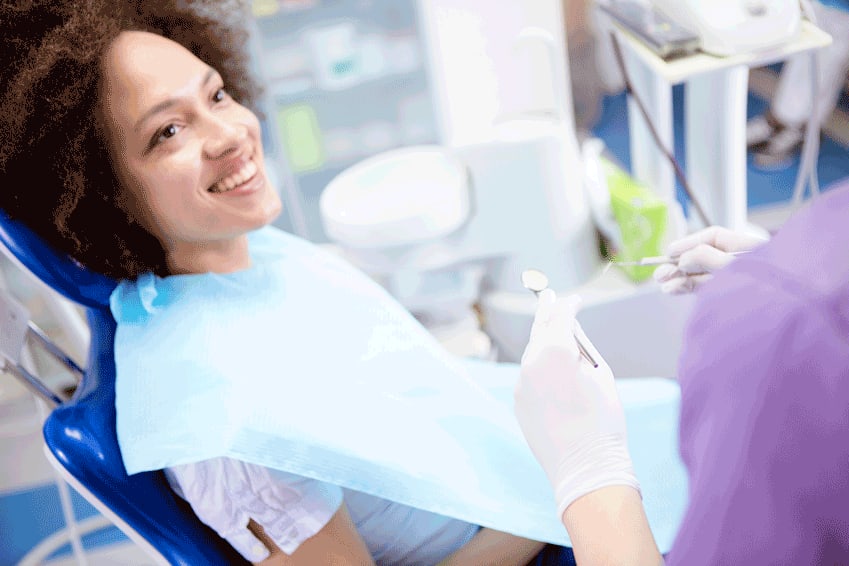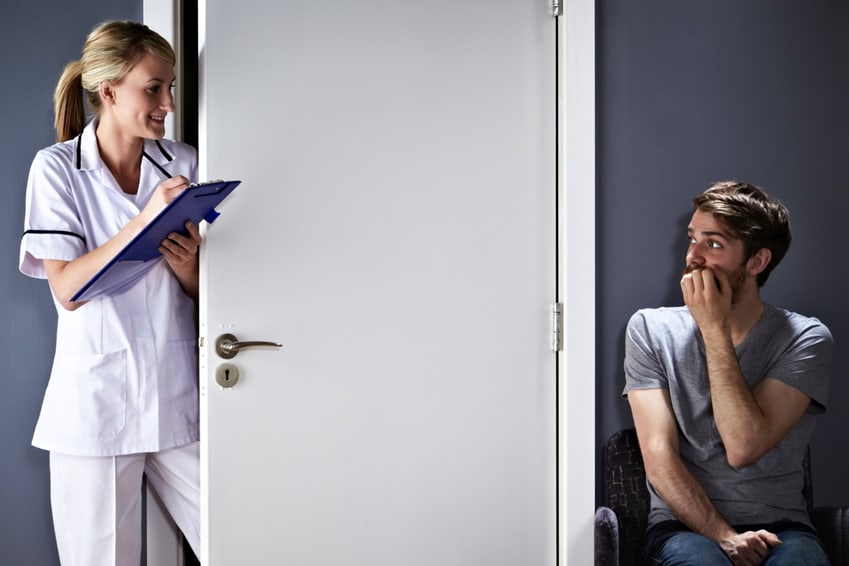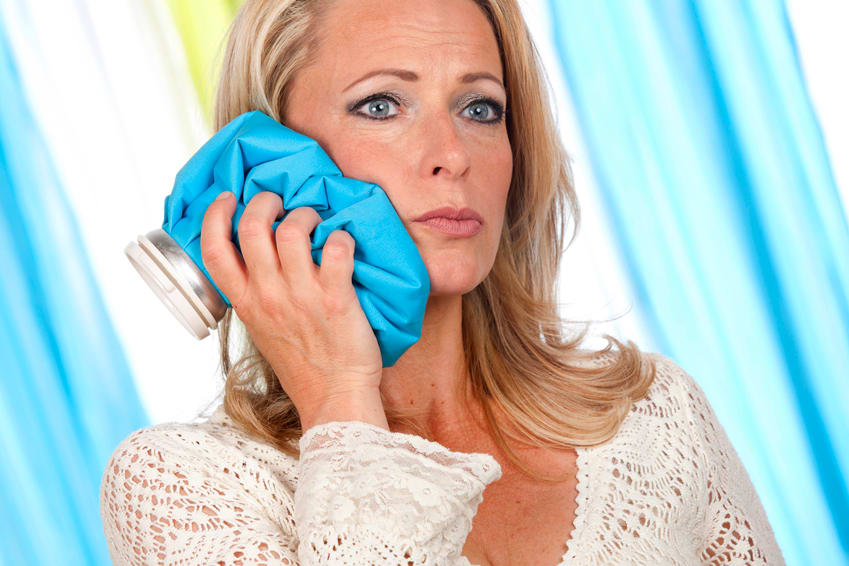For many, getting your wisdom teeth out is something to fret about.
But if you plan ahead, you can minimize discomfort, and avoid a dreaded infection. Here’s the drill, according to WebMD and our crack editors who decided to add some humor to an otherwise serious article…
Pre-Surgery
Have a chat with your oral surgeon or dentist to talk about the process. Be sure to mention:
- Health issues
- Prescription drugs (or other)
- Get advice on the method of anesthesia
- Learn how to prepare for the recovery period
- Put a personal plan in action for child-watching, dog-walking, leaves of absence, etc.
Editor’s note: If what your doctor or dentist is telling you sounds all too painful and inconvenient, feel free to slip quietly toward the door and hope he or she doesn’t notice.
Surgery: Let the fun begin!
The cutting and pulling takes under an hour, but you shouldn’t feel anything with sedation, which may take the following forms:
- Local Anesthetic: Novocaine for the gums, and perhaps a breath or two of nitrous oxide (just like college!)
- IV Sedation: Novacaine plus drugs in the vein. You won’t feel a thing!
- General Anesthesia: Drugs through a vein or gas through a mask. Either way, you’ll sleep the whole time and might not wake up for an hour or so after the surgery.
Your gums or bone may have to be cut to be able to extract the wisdom teeth. In this case, you’ll receive stitches which dissolve after a few days. Your new friends, the gauze pads, will be placed in your mouth to soak up some of the blood. (Sounds lovely!) You may want a supply of these for home use.
Post-Surgery: The fun continues!
Video blogger, and former impacted wisdom tooth sufferer, Talia Sargent, relates her experience with wisdom teeth, and offers some practical advice. Click to play!
A goodly number of people do have pain and swelling after wisdom teeth removal, for three or so days, and healing is required up to a few weeks. So for starters…
This is serious: Make sure not to drive, walk, bike or otherwise transport yourself home from your procedure without someone accompanying you, as the anesthesia they gave you may impair your judgement or could suddenly wear off in transit.
Post-surgery, take your practitioner’s advice on how to conduct yourself once settled in …
What to definitely DO…
Your practitioner may tell you to do these things…
- Use an ice pack, use an ice pack, use an ice pack
- Moist heat is great for a sore jaw. (Note: If you use the ice pack and the moist heat together, expect light showers in your home tonight.)
- Exercise your jaw, opening and closing, to get it back into fighting shape.
- Soft foods like pasta, rice, or soup will help.
- Fluids, fluids, fluids!
- Brush your teeth starting the second day, avoiding the blood clots, if any. (Sounds lovely!)
- Drugs your doctor prescribes will ease pain or swelling, but avoid unnecessary drug intake, for obvious reasons.
- If your condition doesn’t gradually improve, call your practitioner!
What definitely NOT to do…
- Don’t use a straw to take fluids, as it may loosen blood clots from your wisdom teeth extractions.
- Rinsing very gently with saltwater will help prevent infection, but never gargle too hard – again, the blood clots.
- Avoid hard, sticky, crunchy things to eat, for obvious reasons.
- Smoking can slow your healing, so don’t do it. (Oh right … it can also kill you.)
In summary, our advice for getting your wisdom teeth out is, make the best of it. After all, you’ll probably get a leave of absence, and, you may be pampered by friends and/or family. Besides, what better way to spend precious time off from school or work than writhing around in agony on a blood-stained couch (just kidding…).
Just remember, if your dentist recommended wisdom tooth removal, then it’s worth doing. It may cause some pain and discomfort now, but down the road you’ll be glad you did it.
Also, when faced with the prospect of pain and discomfort, laughter really is the best medicine…except, avoid really big smiles after the procedure – that may make it worse. ![]()
Edited by Clifford S. Yurman





